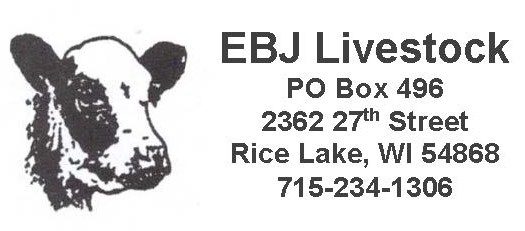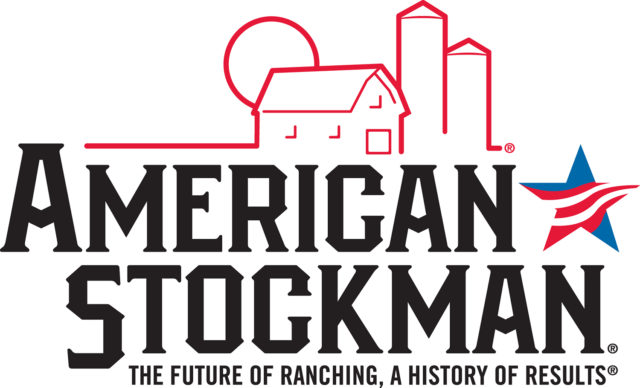When I am on the highway and pass a truck hauling calves to the feedlot, I am always reminded of the complex process that it takes to keep them healthy. The producer has to have a bit of faith when managing calves prone to stress-induced health difficulties in each step of their development, but there are items on the market that can help ease concern.
Oral electrolytes are important for the producer to use because they provide a readily available source of energy, correct acidosis and replenish lost fluid and electrolytes. This is especially critical when the calf is scouring or during shipping and receiving, when they are deprived of feed and water. A calf can drink water with electrolytes; it will help their feed intake from newborn stage to the feedlot.
Enough hydration and a stable, healthy gut can be the key to healthy calves. Calves are essentially born with a bacteria-free gut. They develop the gut microflora bacteria from their mothers and the surrounding environment. A good dry cow vaccination program, adequate amounts of colostrum and calf vaccinations help the calves build their immunity.
Calves are exposed to a number of infections, and antibiotics are not always the best solution for many of these challenges, so a naturally strong, healthy gut and immune system can be the key to survival and reduced losses from morbidity and mortality. Sick calves can easily become dehydrated and are at risk of death. This is why it is necessary for calves to build a strong immune system to maintain appetite, digestion, dry matter intake and performance.
Dehydration is common when a calf stops eating. Once the calf stops eating, it has no energy to fight infections. In evaluating protocols on your operation, it is necessary to have preventative treatments for calves with respect to changes in the environment and transportation. Even if a calf is not running a fever, probiotics along with electrolytes can restore bacteria in the gut; therefore, the calf is able to maintain appetite and dry matter intake. However, if the calf is very weak and is unable to eat or drink, then it will be necessary to put fluids through an IV. Tube feeding is another method of providing essential fluids in the worst dehydration situations.
Similar issues occur in calves entering the feedlot. They are deprived of nutrients during shipping, removed from familiar surroundings and comingled with animals from other areas. This is highly stressful for the calves. Feed intake can be compromised when a calf enters the feedlot, so it is necessary to show the calf where the water is and let the water tank run over. Electrolytes can be put into water tanks or automatic waterers in order to give the calf the best benefit of these nutrients.
Sale barn, processing, parasites, disease and depression all cause stress in a calf in its travel to a feedlot. Cattle also lose a lot of weight when they are transported, which results in water loss. Electrolytes can be used before the calves are transported and then again when they enter the feedlot to encourage them to begin eating.
When evaluating an electrolyte, the producer should be aware that there are a guaranteed number of nutrients on a label. Some products will only guarantee potassium and sodium, but no other ingredient may be guaranteed, so it is beneficial to be certain that every key ingredient is included.
Producers need to supply an immediate and sustained source of available energy for calves. Multiple energy sources are advantageous in electrolytes, and these can be in the form of ingredients such as glucose or dextrose for quick, available energy, along with corn starch for a longer lasting energy source. Sodium and potassium should also be included as the main two ingredients lost in scouring. An alkalizing agent is key to correct acidosis when needed.
In summary, every feedlot and cow-calf operation should use an electrolyte for incoming animals, newborn calves and sick pen animals, and for any time that the animal may be transported. This will increase efficiencies throughout the animal’s life. ![]()
PHOTO: Staff photo.
Don McKillip is a national accounts manager for Vets Plus Inc. and has worked in the livestock industry for more than 30 years.
Dave Lindevig is a nutritionist and national accounts manager for Vets Plus Inc. He holds a bachelor’s degree in agricultural business.








